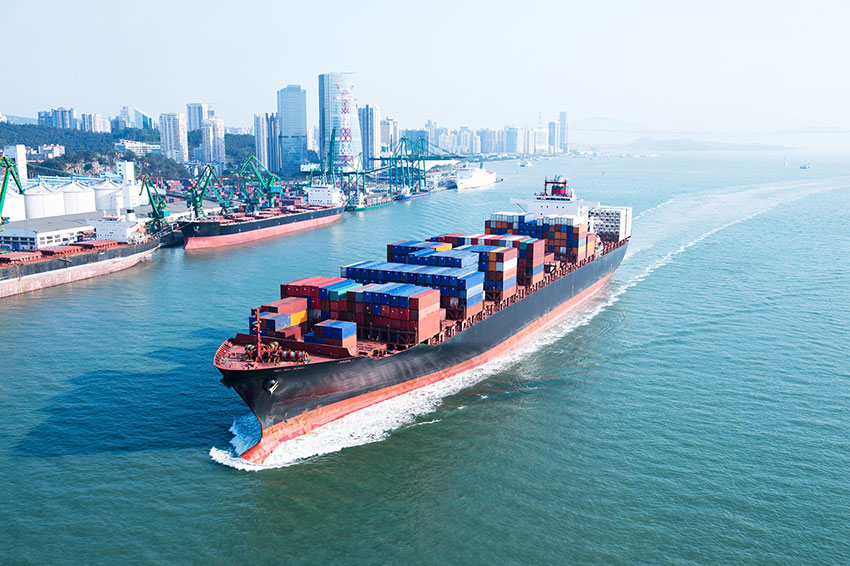The manufacturing sector in ASEAN recorded another solid near-record improvement in operating conditions in January 2022, data from the latest IHS Markit Purchasing Managers’ Index (PMI) showed on 3 February.
The ASEAN Manufacturing PMI is produced by IHS Markit and is based on original survey data collected from around 2,100 manufacturing firms from Indonesia, Malaysia, the Philippines, Vietnam, Singapore, Thailand, and Myanmar. Taken together, those seven countries account for an estimated 98 percent of the value added in ASEAN’s manufacturing activity.
The headline PMI was unchanged from December at 52.7 in January, to signal a fourth consecutive improvement in the manufacturing sector, and one that was the joint second-quickest in the series’ near 10-year history.
Output growth stayed strong, despite easing slightly on the month, while the rate of expansion in order book volumes accelerated to a two-month high. ASEAN goods producers saw the steepest rise in backlogs of work in the series history. As a result, firms expanded their workforces for the first time in nearly three years.
Once again, Singapore saw the fastest improvement in manufacturing conditions across the seven ASEAN nations in the index. Vietnam’s manufacturing PMI headline reading at 53.7 during January pointed to the strongest upturn since last April. Indonesia also posted solid growth, with the PMI matching that for Vietnam.
“The opening month of 2022 saw a further solid upturn in ASEAN manufacturing conditions, with the PMI unchanged from December and amongst the highest on record. Output growth remained strong, despite slowing slightly, while inflows of new work expanded at a faster pace, in part due to the quickest uplift in export orders in over four years,” Lewis Cooper, Economist at IHS Markit, said, commenting on the survey results for January.
“With growth sustained into 2022, the ASEAN manufacturing sector looks to be in a strong position. Although concerns surrounding the Omicron variant dented business confidence in January, overall, companies remain optimistic that output will increase over the next year and are hopeful that the impact of Omicron on the manufacturing sector will be mild,” Cooper added.

